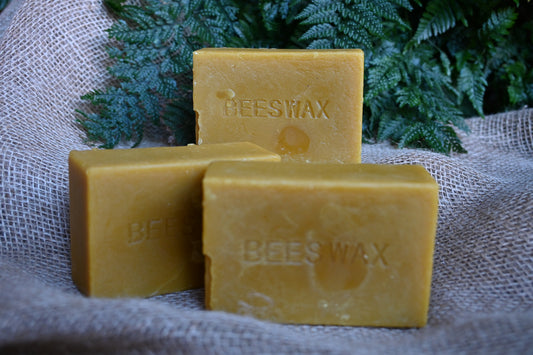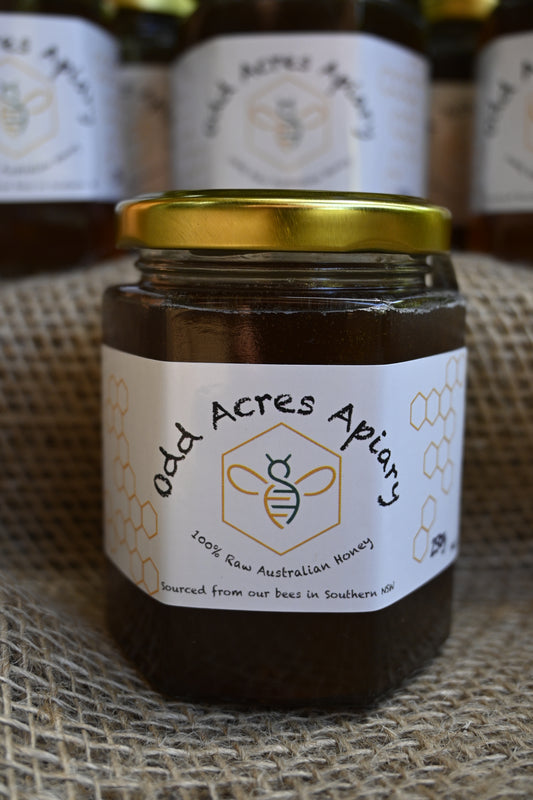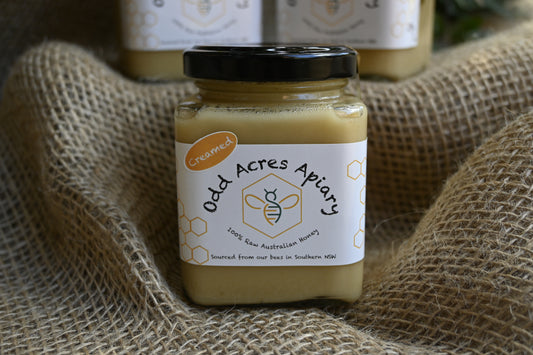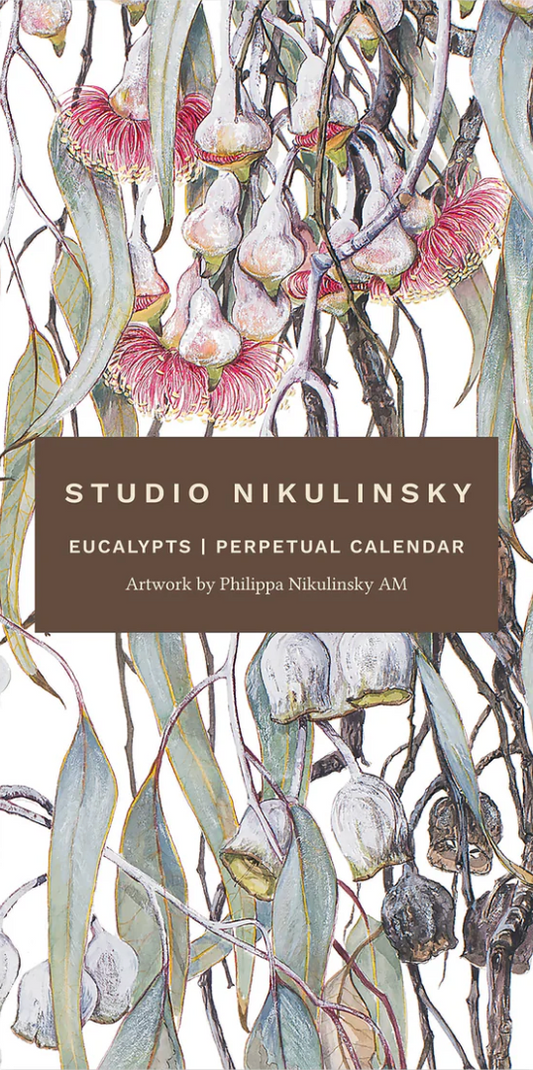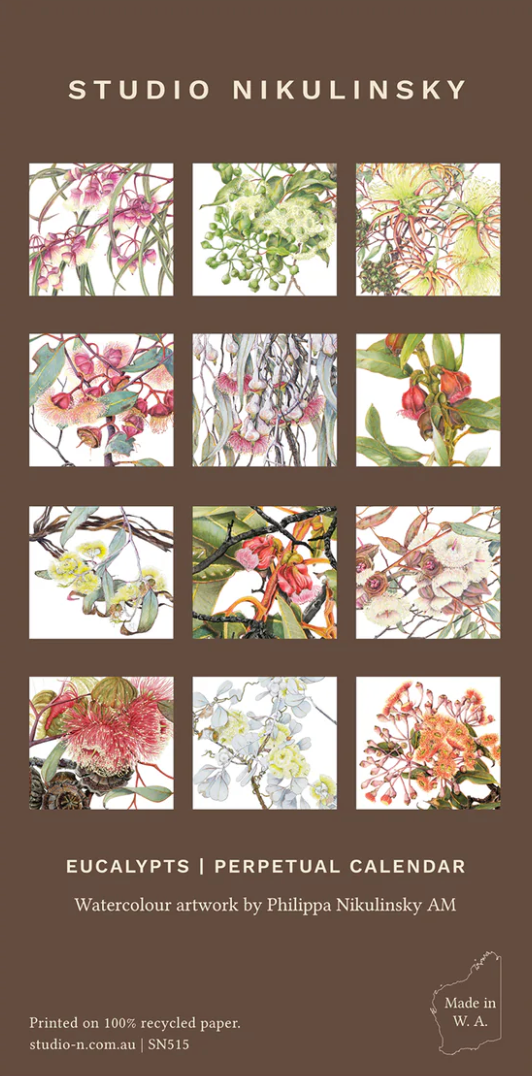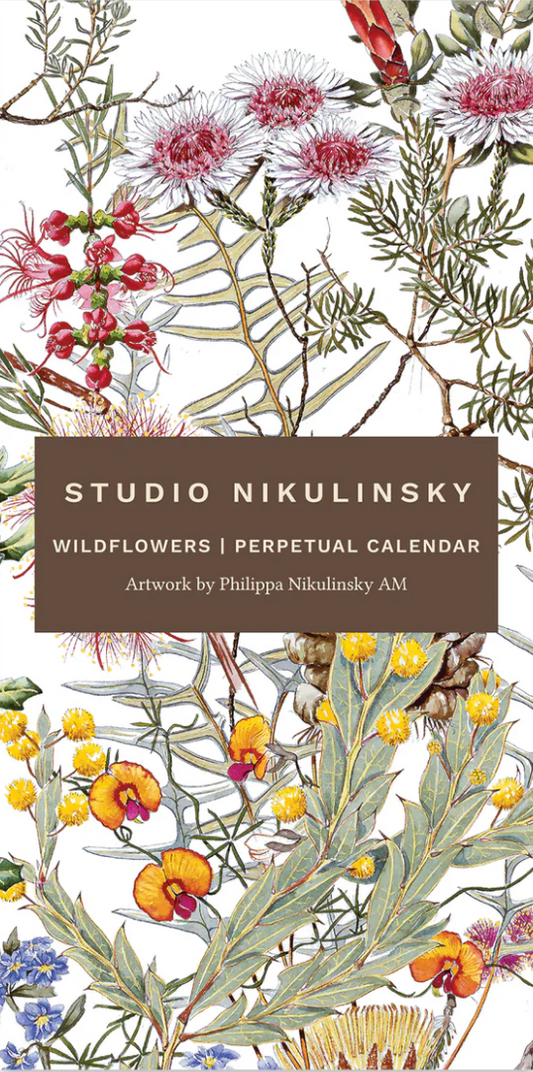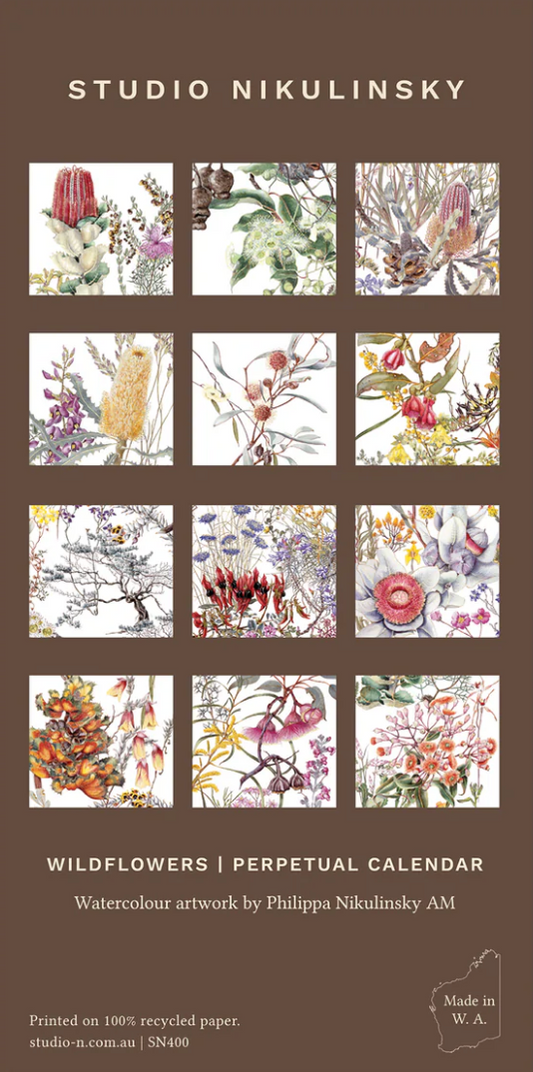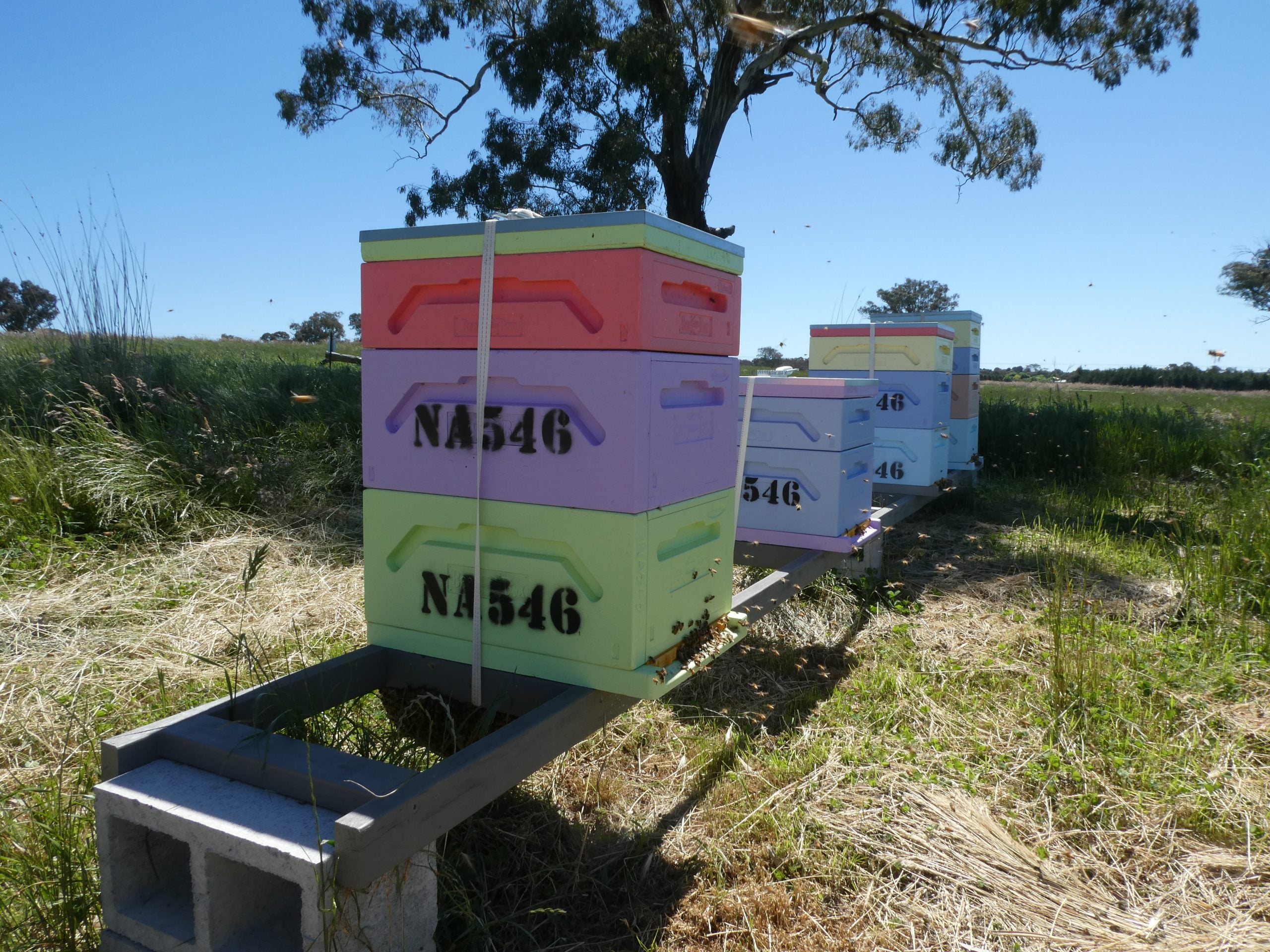
SUSTAINABLE BEEKEEPING PRACTICES
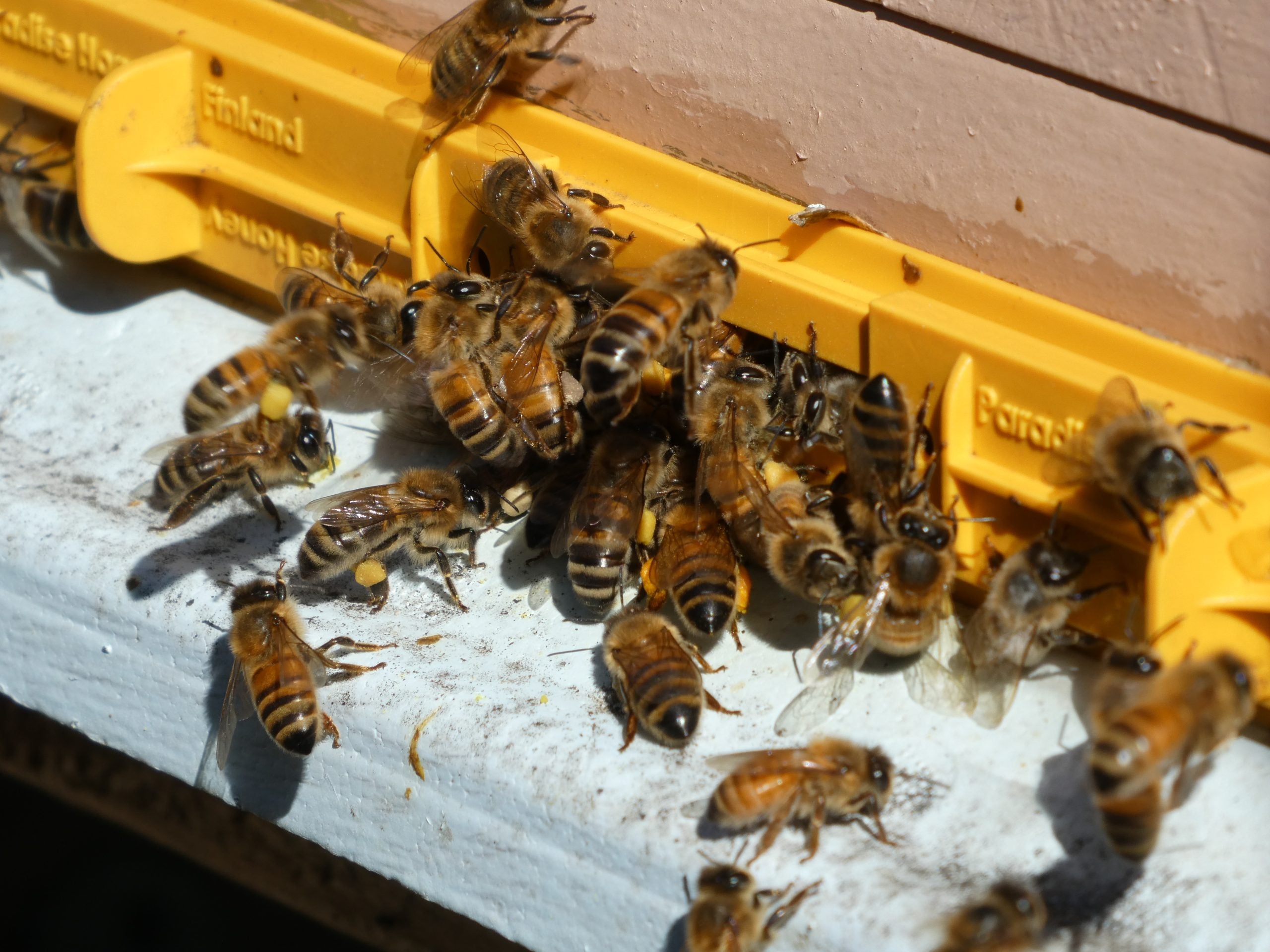
LOCAL TO ACT AND SOUTHERN NSW
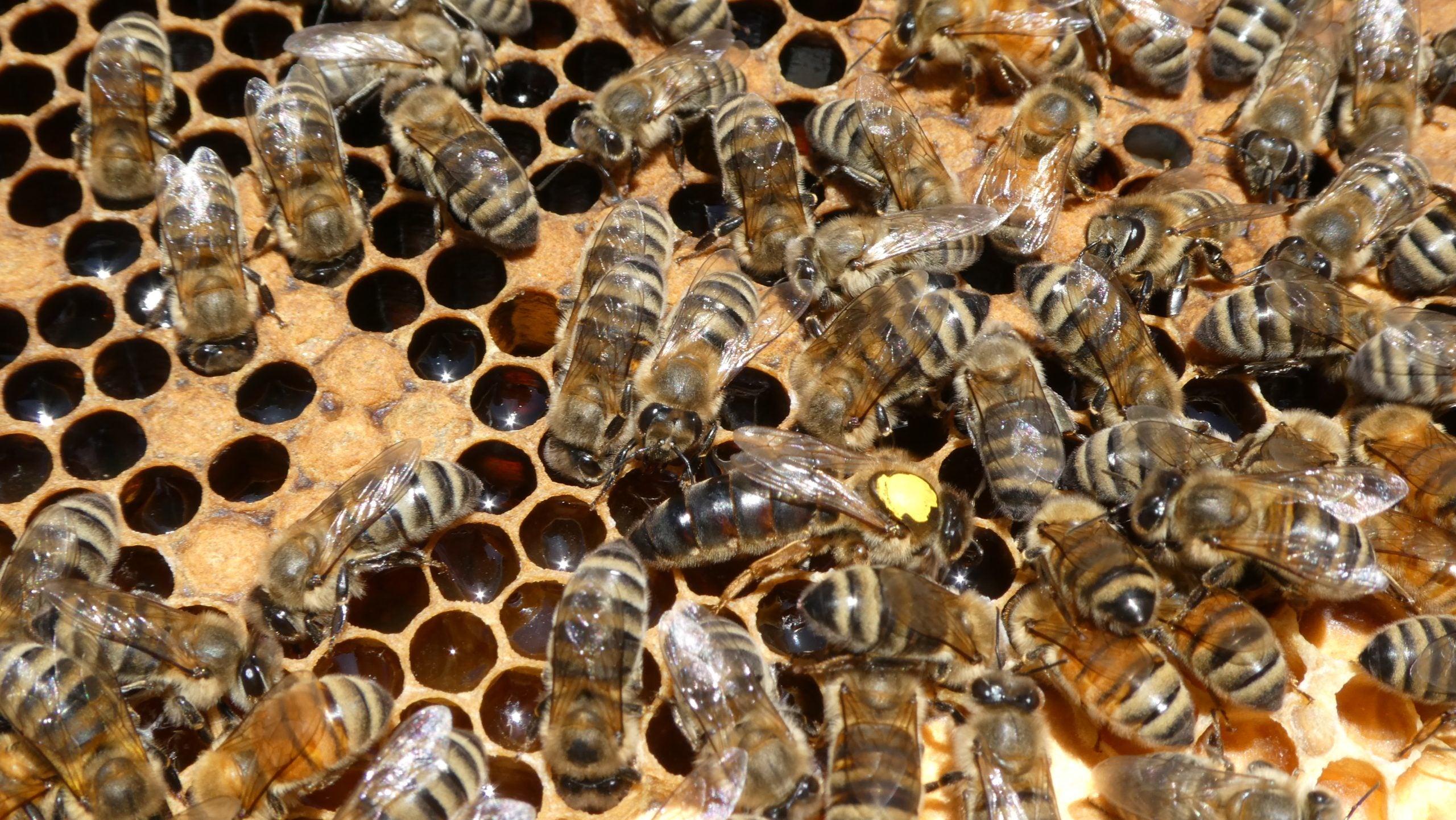
QUALITY RESULTS
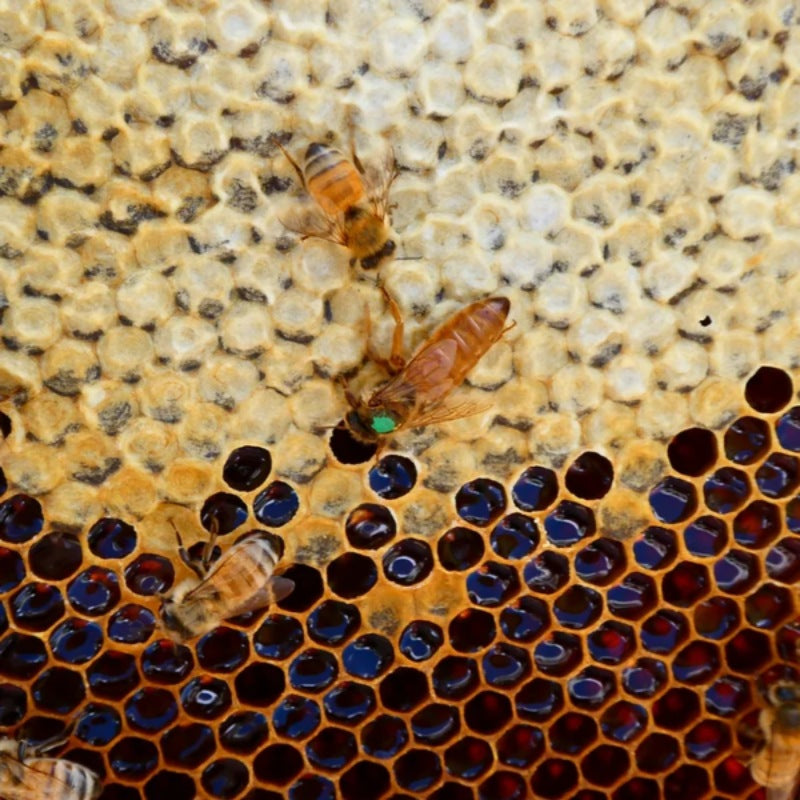
NOT JUST ABOUT HONEY
Welcome to Odd Acres Apiary
-
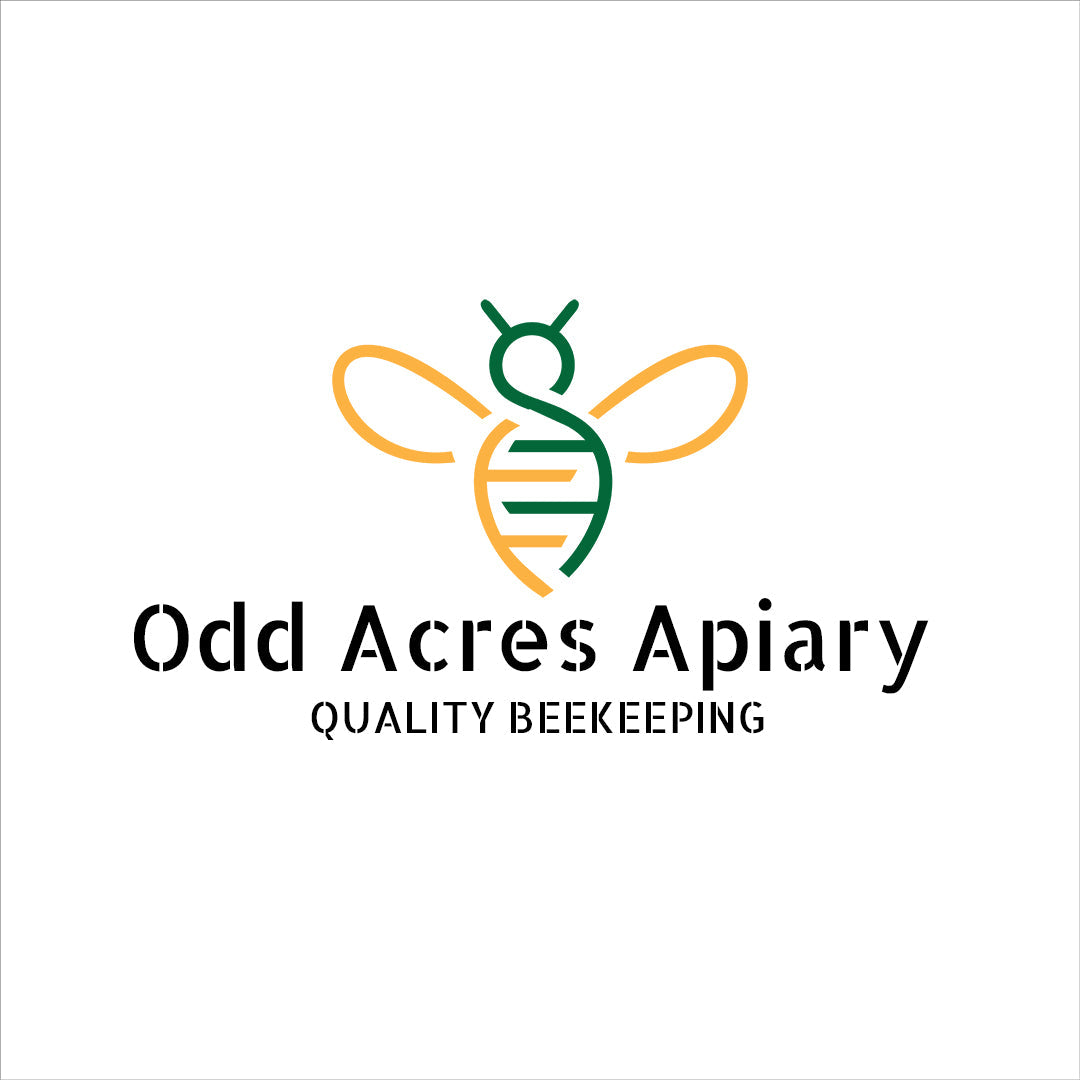
Odd Acres Apiary is a family-owned and operated beekeeping services business based in Australia’s ACT and Southern NSW areas. Our focus is queen bee rearing and breeding.
-
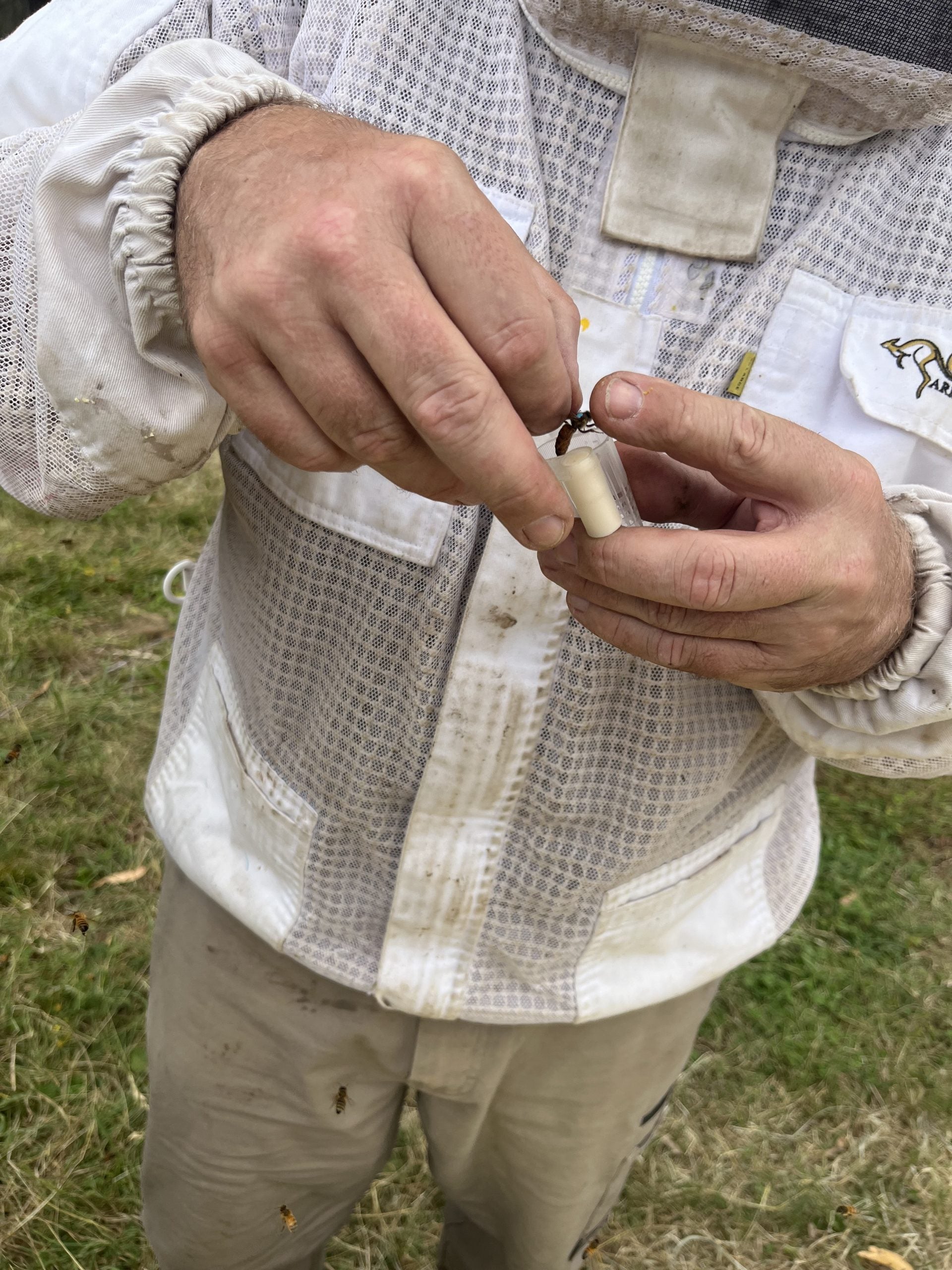
We supply Italian queen bees. Our technique maximises the welfare of our bees and future bee generations. Our queens are healthy, productive and disease-free.
-
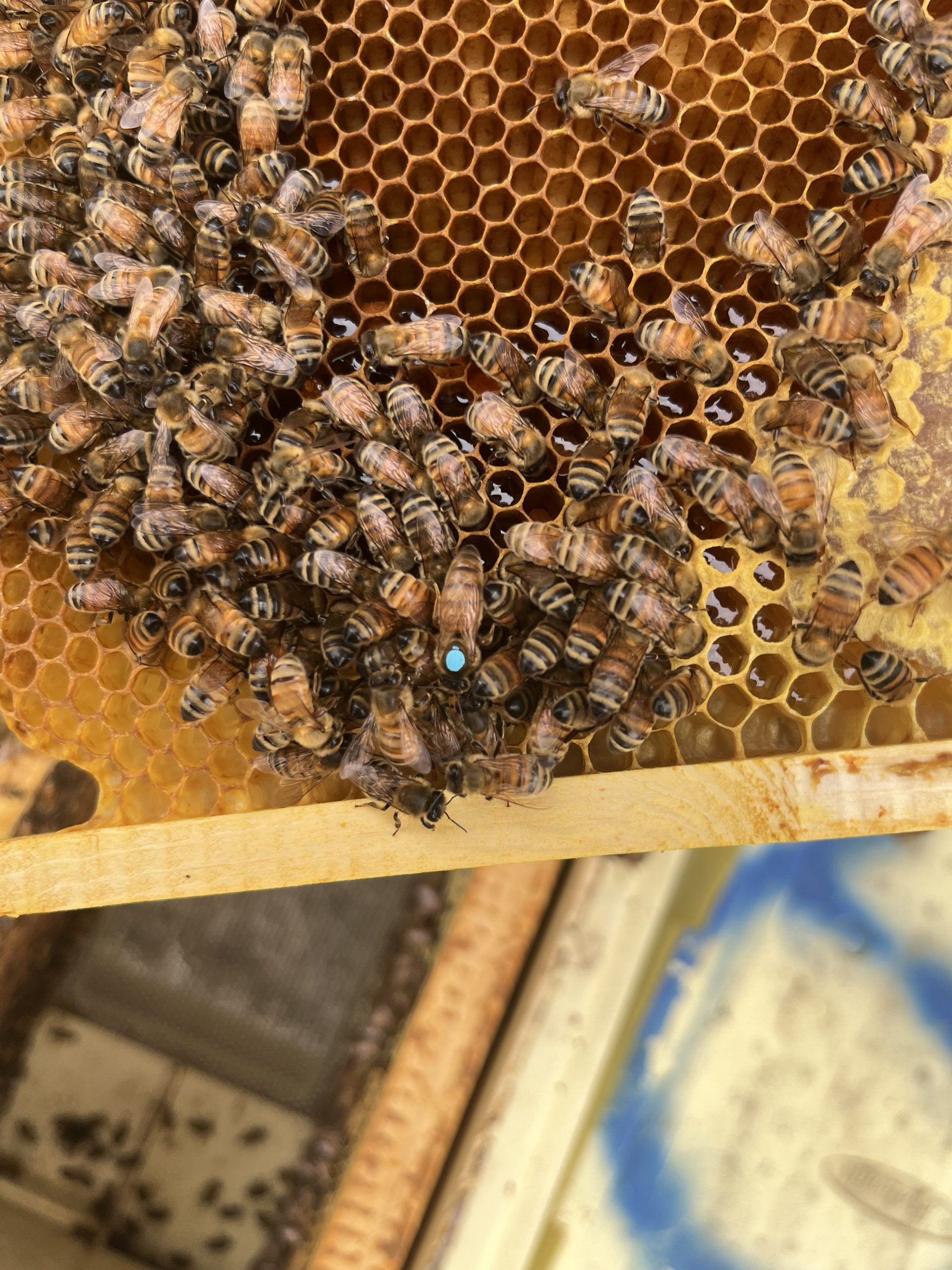
If our social, environmental and sustainable beekeeping resonates with you, support us by exploring our website, follow our social media channels or 'Contact' us. Consider purchasing the quality products in our shop to support us, such as queen bee and nucleus colony supply, seasonal honey and more.
Featured Products
-
100% Australian Raw Beeswax
Vendor:Odd Acres ApiaryRegular price From $8.50 AUDRegular price -
100% Australian Raw Honey
Vendor:Odd Acres ApiaryRegular price From $9.25 AUDRegular price -
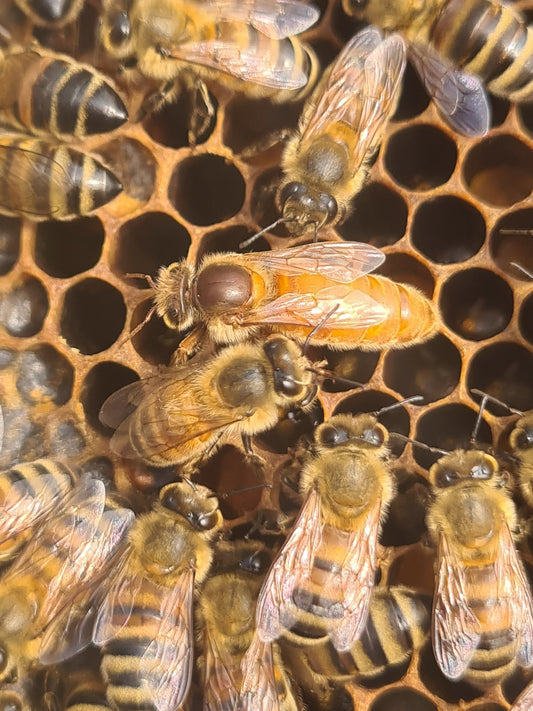
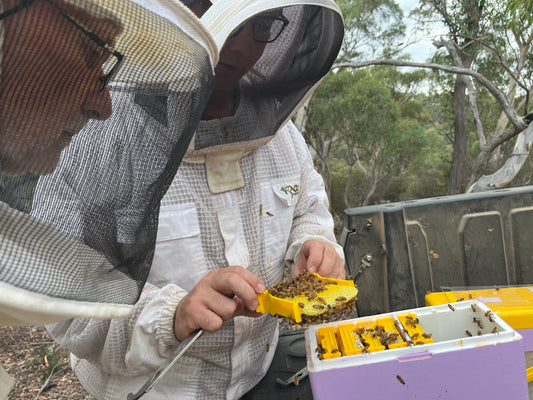 Sold out
Sold outItalian Queen Bees
Vendor:Odd Acres ApiaryRegular price $55.00 AUDRegular price -
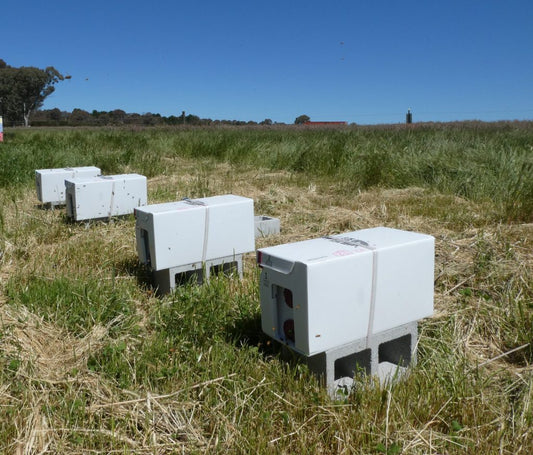
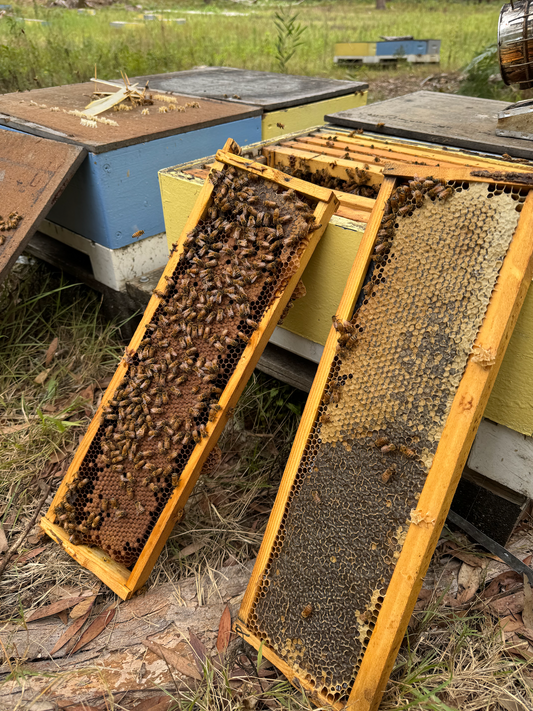 Sold out
Sold outNew Season Nucleus Colony
Vendor:Odd Acres ApiaryRegular price $330.00 AUDRegular price -
Perpetual Calendar - Eucalypts
Vendor:Odd Acres ApiaryRegular price $29.00 AUDRegular price -
Perpetual Calendar - Wildflowers
Vendor:Odd Acres ApiaryRegular price $29.00 AUDRegular price
Most Recent News and Blogs
-

Wishful Thinking - One Year On
What I'm doing differently now from my plan of a year ago.
3 March 2026
-
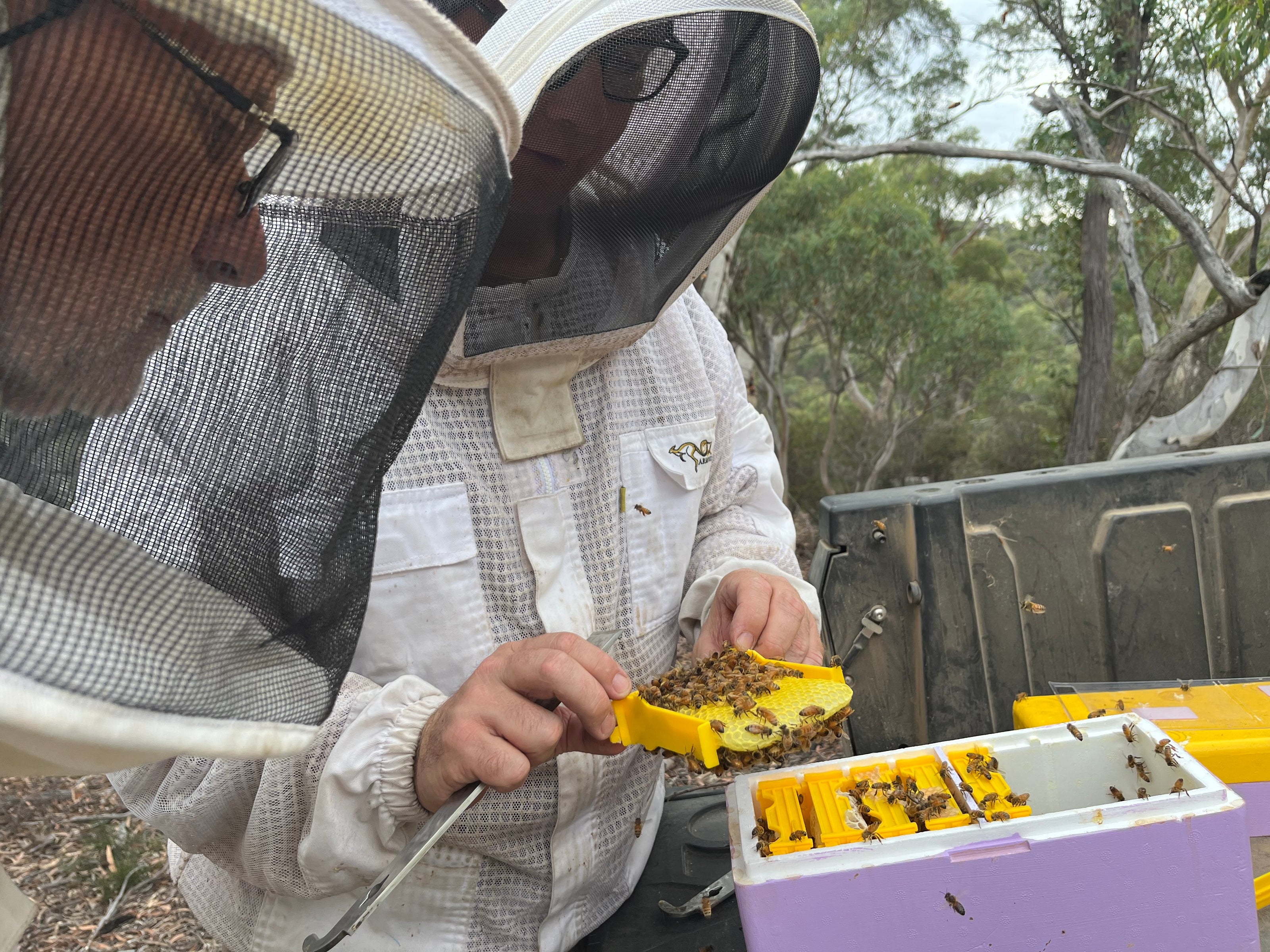
Local Adaptation Part 2 - What is Local?
...and why it matters! Colonies need their local environment to make an impact.
21 August 2025
-
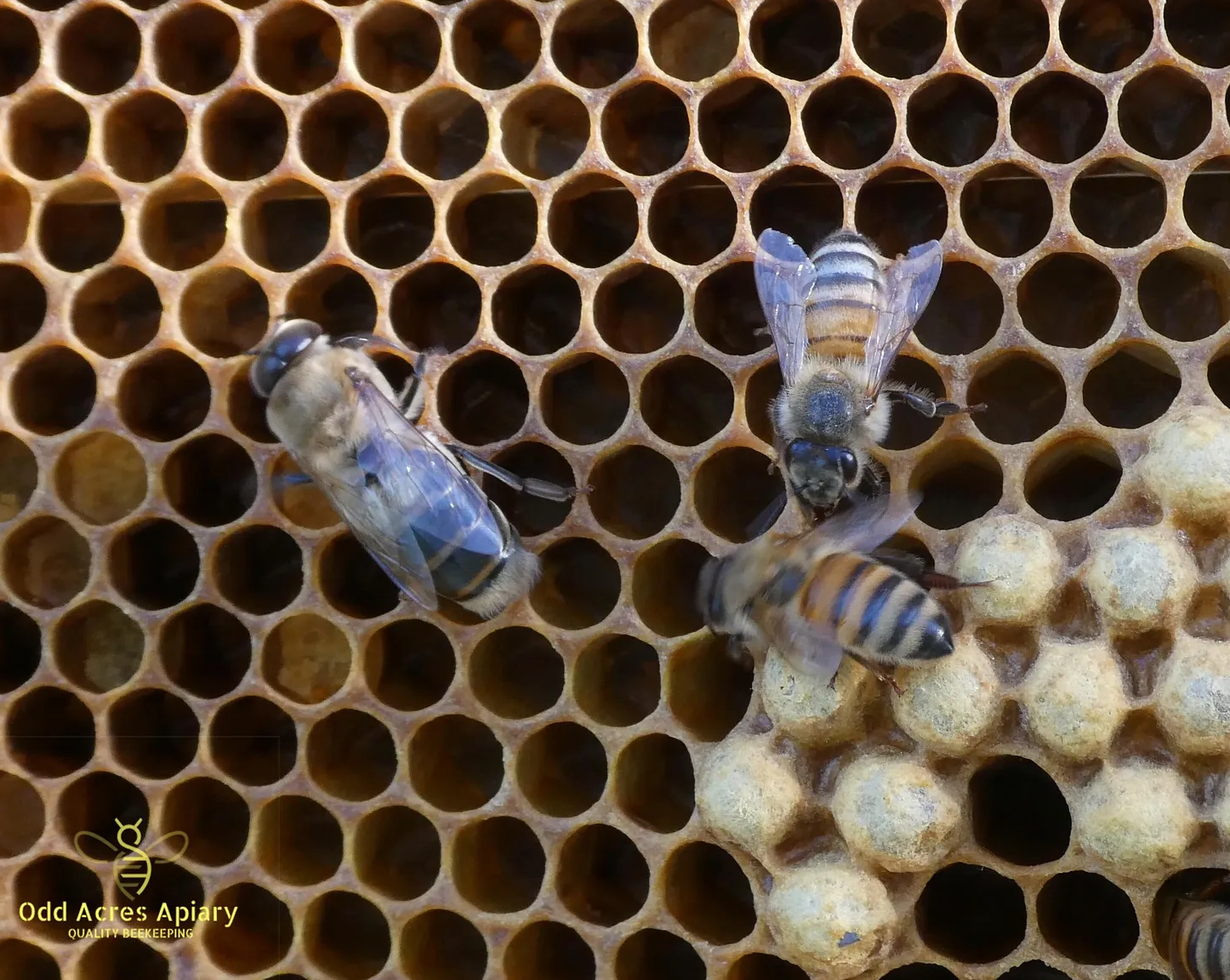
Local Adaptation Part 1 - Drones
Live and let live. This post is the first of a series on local adaptation in honeybees.
23 April 2025



